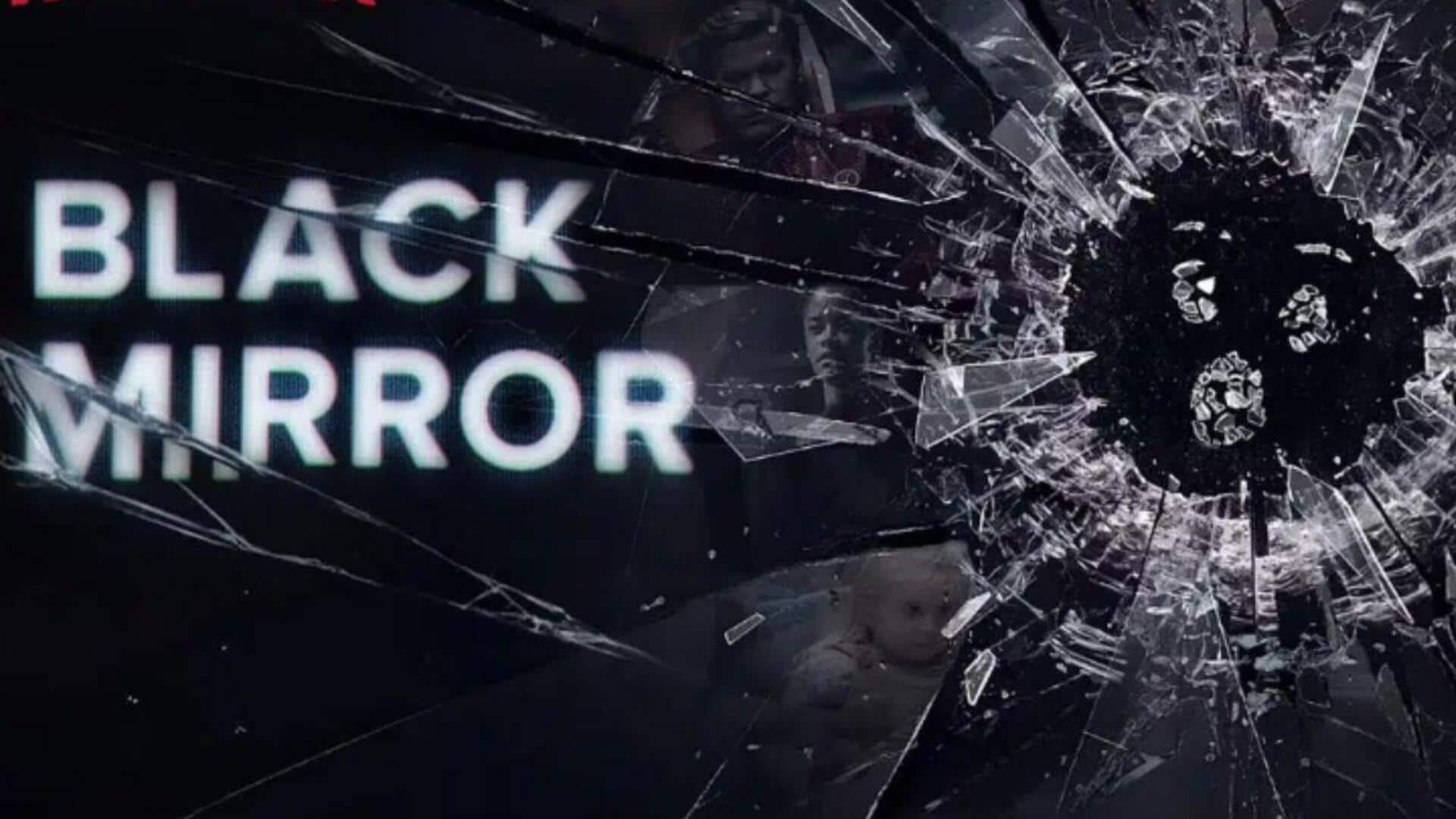
What 'Black Mirror' gets right about tech and human behavior
What's the story
Black Mirror is a popular anthology series that highlights the complicated relationship between technology and human behavior. The show focuses on how technology can impact our actions, thoughts, and interactions. By showcasing exaggerated but plausible scenarios, it provides a critical perspective on the possible implications of our tech-driven world. Here, we take a look at key Black Mirror insights that ring true with real-world tech impacts on behavior.
Drive 1
Social validation through technology
In episodes like Nosedive, Black Mirror emphasizes society's obsession with social validation through technology. The depiction of a world where social media ratings determine personal worth reflects modern-day online interactions. People tend to look for approval via likes and shares, influencing self-esteem and decision-making. This reflection drives home the point of how digital reputation is increasingly defining who we are.
Drive 2
Surveillance and privacy concerns
The theme of surveillance is hard to miss in Black Mirror, especially in episodes like The Entire History of You. It highlights the invasive nature of technology that records our every moment. This picture hits close to home with privacy breaches and data security issues. As technology evolves, we are facing more scrutiny over our personal information. This begs ethical questions of consent and control.
Drive 3
Dependence on artificial intelligence
Episodes like Be Right Back explore how we humans are so reliant on artificial intelligence for emotional support and companionship. Something which already looks familiar with today's trend, where AI-driven devices are integrated into daily life to help us with tasks or even keep us company. However, the depiction raises questions of emotional dependency on machines and how it would affect human relationships as AI becomes more sophisticated.
Drive 4
Virtual reality's impact on perception
In Playtest, Black Mirror looks at how virtual reality blurs the line between reality and illusion. The episode demonstrates how immersive experiences can change perceptions, causing confusion or even distress when it comes to separating virtual environments from real life. As VR technology progresses, its impact on cognitive processes only grows stronger, leading to conversations on its psychological effects.
Drive 5
Ethical dilemmas in technological advancements
Episodes like White Christmas showcase ethical dilemmas stemming from advanced technologies that can manipulate consciousness or replicate identity. These stories bring to light moral challenges encountered when creating technologies that deal with core elements of humanity, like free will or autonomy rights. Issues pertinent today, as innovations are pushing the limits further from traditional ethical boundaries.